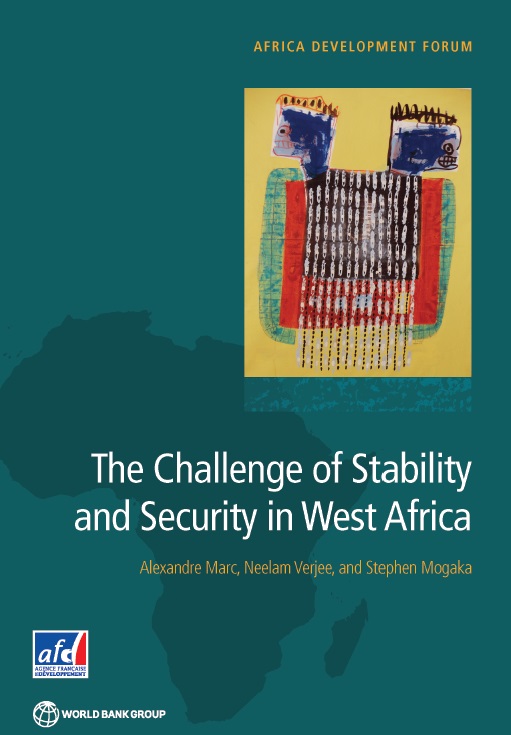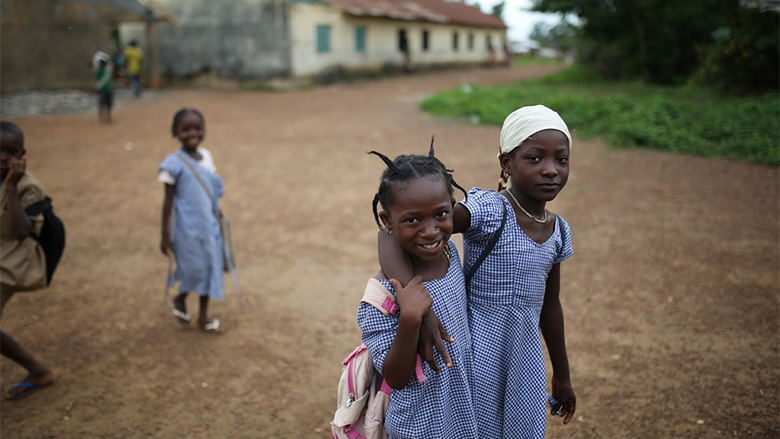The nature of violence has changed significantly in West Africa since independence
• The vast majority of armed conflicts in West Africa since independence have been intrastate conflicts, marked by 5 large-scale civil wars.
• In the new millennium, the incidence of civil wars and large-scale conflicts dropped off dramatically, representing a watershed in the political stabilization of the region.
• However, other forms of political violence and new threats have emerged such as election related violence, longstanding ethno-national conflict, drug trafficking, maritime piracy, and extremism.
• Other stresses include youth inclusion, migration, the rapid development of extractive industries, and land management.
Côte d’Ivoire, Liberia and Sierra Leone offer lessons in resilience
• Regional actors, especially the Economic Community of West African States (ECOWAS) played a pivotal role in bringing an end to conflict
• Rapid mobilization of foreign aid for reconstruction and development supported stability
• Inclusion of civil society in peace deals and national dialogue enabled agreements to take hold
• Strong post-conflict leadership helped chart the path to stability
Development policies have a critical role to play in improving stability where conflict risks are high
• Development aid needs to be concentrated in lagging regions and on addressing perceptions of inequity in access to opportunities. Focusing investments where conditions are best risks exacerbating tensions. Cross-border economic exchanges and collaboration may be useful.
• Better land management and addressing grievances linked to land access is needed.
• The boom in extractives discoveries requires greater attention to conflict risks, managing community and regional grievances as well as corruption.
• Improvement in the management of migrants is an urgent priority.
• Significant investments in basic and technical education are required to increase the size of the skilled labor force and improve livelihoods for youth.
• Emerging security threats boost the imperative for security sector reform, along with improvement of justice and the rule of law.
• Greater support to ECOWAS and other regional institutions is also important.
• Local governance needs to be strengthened, requiring greater citizen participation, improved social accountability, transparency and better services. Support for decentralization is one approach.

